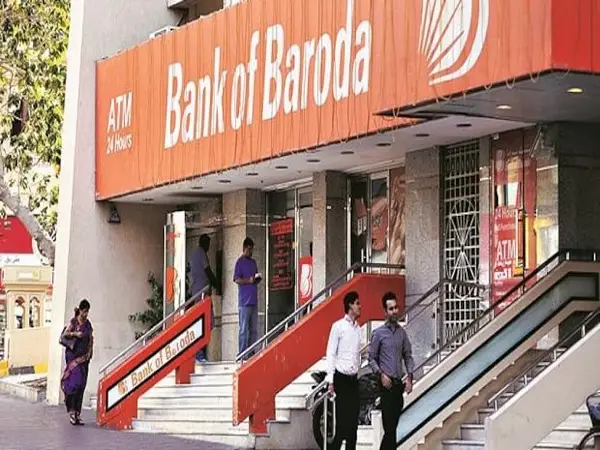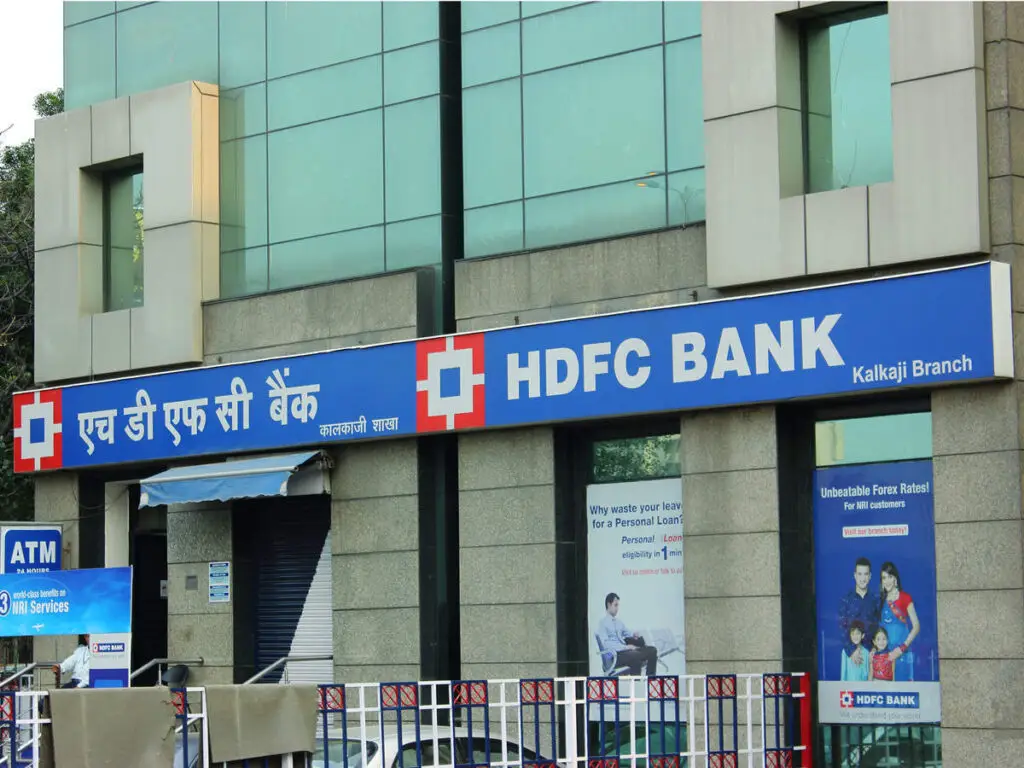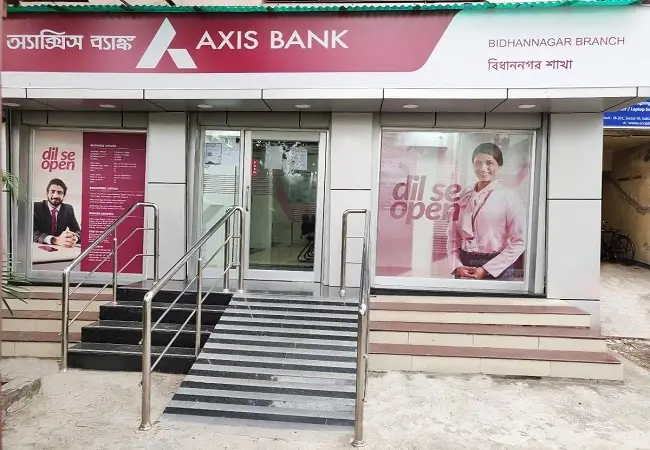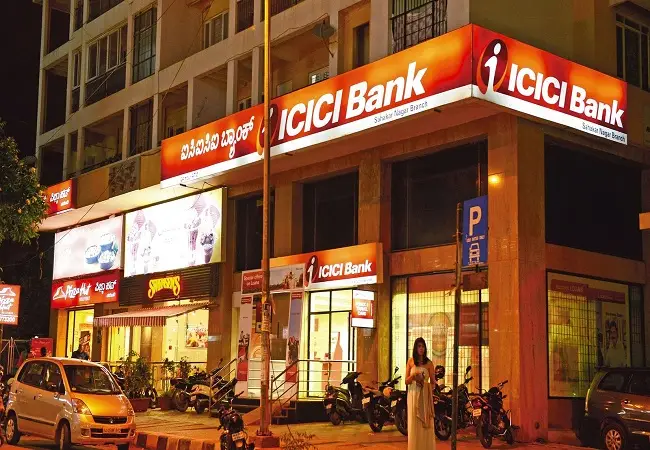Growth. Innovation. Trust
OD/CC WORKING CAPITAL LIMIT
Digy Service provides Over Draft and Cash Credit Limit facility to businesses for working capital in the economy. This facility is available for various businesses such as wholesalers, retailers, merchants, contractors, small and medium manufacturers, online sellers, catering service, travel agencies, etc.
Overdraft (OD) and Cash Credit (CC) limits are popular financing options for businesses seeking working capital to support daily operations.
1. Overdraft (OD): An OD facility allows businesses to withdraw more money than they have in their bank account, up to a pre-approved limit. This limit is set based on the borrower’s financial strength, account history, and collateral provided, such as property or fixed deposits. Interest is charged only on the utilized amount, making OD flexible and cost-effective. It’s beneficial for businesses with unpredictable cash flow needs as it offers immediate funds to meet short-term obligations.
2. Cash Credit (CC): A CC limit provides funds based on the borrower’s stock and receivables. It works like a revolving credit where businesses can repeatedly borrow up to a sanctioned limit. The loan is secured against inventory or receivables, with interest charged on the utilized amount. Unlike a standard term loan, a CC limit isn’t a one-time amount; instead, it provides ongoing working capital access to meet inventory and production expenses.
Both OD and CC facilities help businesses maintain liquidity, manage cash flow gaps, and ensure operational continuity without needing fixed repayments. However, they differ in structure, collateral requirements, and usage based on the specific needs of the business.
How To Get
To get an Overdraft (OD) or Cash Credit (CC) limit from a bank, businesses need to go through an application process. Here’s a breakdown of the steps, documentation, and eligibility criteria:
Eligibility Criteria:
1. Business Age and Stability: Typically, the business should be operational for at least 1–3 years, showing stable revenue.
2. Good Credit Score: A strong credit score for the business or owner increases chances of approval.
3. Financial Statements: Strong financial performance, as demonstrated in audited financial statements, is critical.
4. Collateral: Assets like property, fixed deposits, inventory, or receivables may be needed as collateral.
5. Existing Account: Most banks prefer granting OD/CC limits to businesses holding an active account with them.
Required Documentation:
1. KYC Documents: Business registration certificates, PAN, GST registration, and identification for proprietors or partners.
2. Financial Statements: Recent audited balance sheets, profit and loss statements, and cash flow statements (last 2-3 years).
3. Bank Statements: Business bank account statements for the last 6-12 months.
4. Income Tax Returns: Filed returns for the past 2-3 years.
5. Collateral Documentation: Papers for any property, inventory, or receivables offered as security.
6. Other Documents: Partnership deed, Articles of Association, Memorandum of Association, or other entity-specific documents.
Banks may have specific criteria, but fulfilling these general requirements can increase the likelihood of securing an OD/CC limit to help with working capital needs.
- Home Loan
- Car Loan
- Education Loan
- Business Loan
- Personal Loan
- MSME Loan
- OD/CC Limit
- Industrial Loan
- Commercial Loan
Lenders Name










About Us
With the Experience of more than 2 decades of various services we Established Digy Service in 2018 with the aim of to bring financial and digital solution services under one roof.
Pages
- About Us
- Contact Us
- Privacy Policy
- Disclaimer
